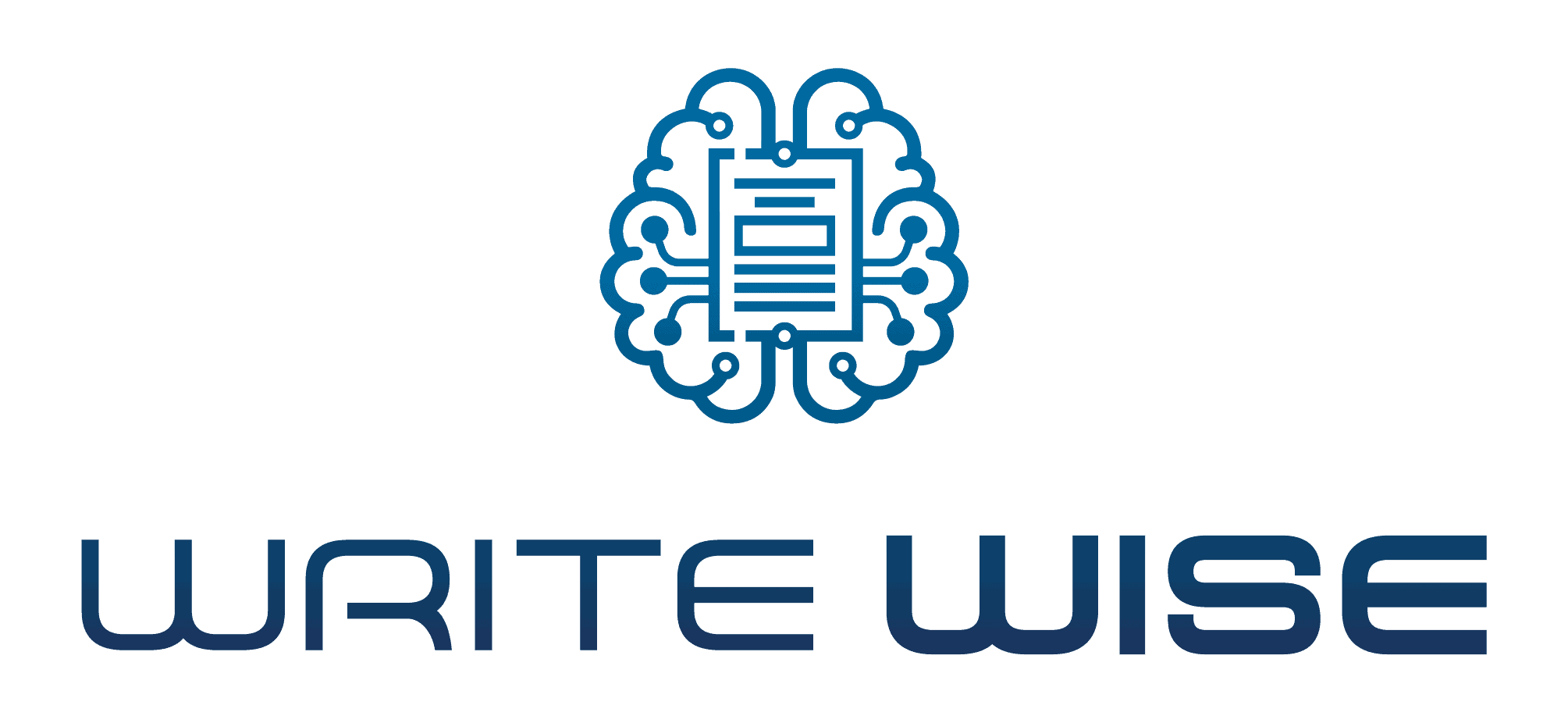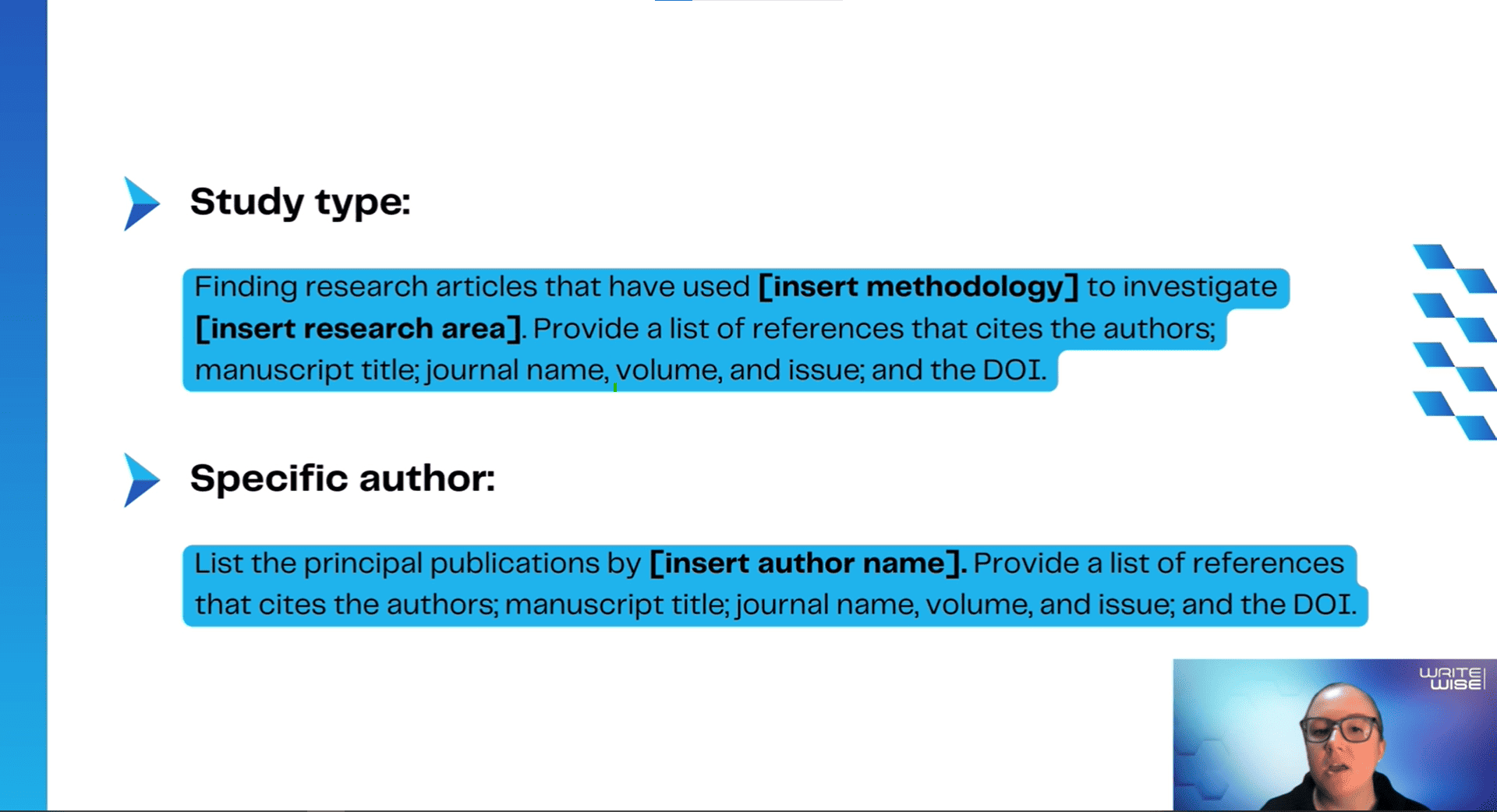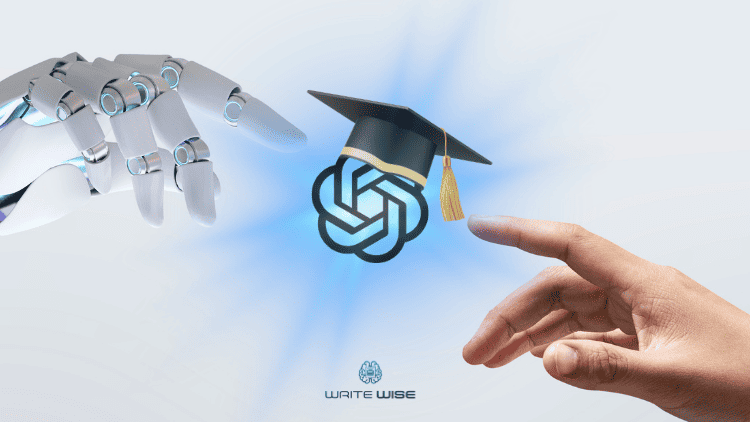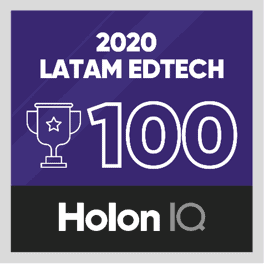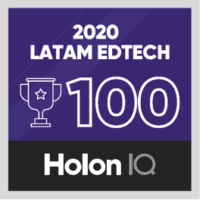Interview with Professor Aaron Ciechanover
Category: Interviews,Nobel Prize -
Tags: All Researchers,University Directors
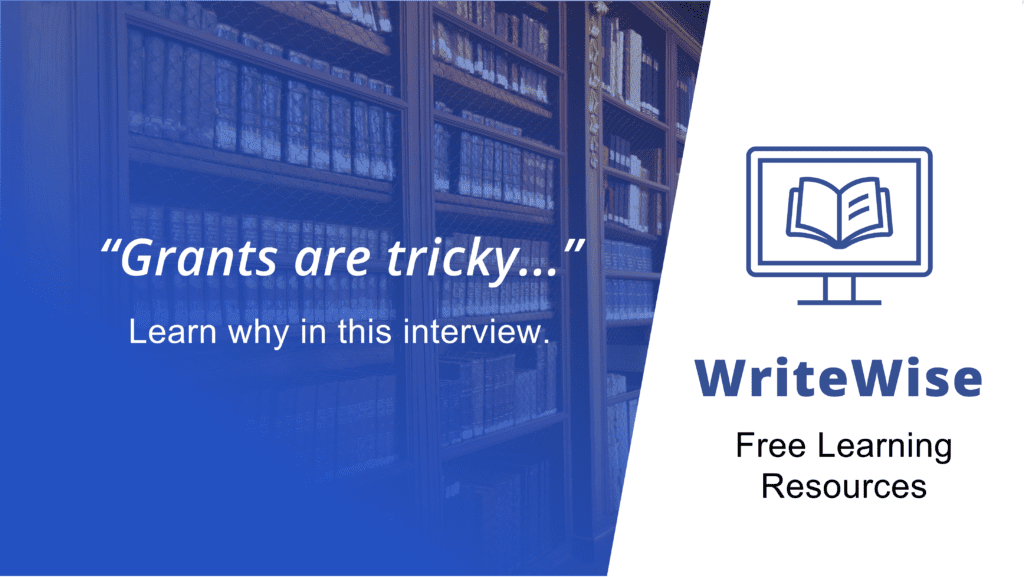
Reading Time 4.8 minutes
Introduction
WriteWise had the honor and pleasure of interviewing Professor Aaron Ciechanover, Nobel Laurate in Chemistry 2004 for his discovery of ubiquitin-mediated protein degradation. Currently, Aaron Ciechanover is Professor of Biochemistry and Distinguished Research Professor at the Technion-Israel Institute of Technology in Israel. Professor Ciechanover has published over 100 scientific articles in top-tier journals such as Nature Medicine, Cancer Cell, JCB, Neuron, FASEB, PNAS, among many others.
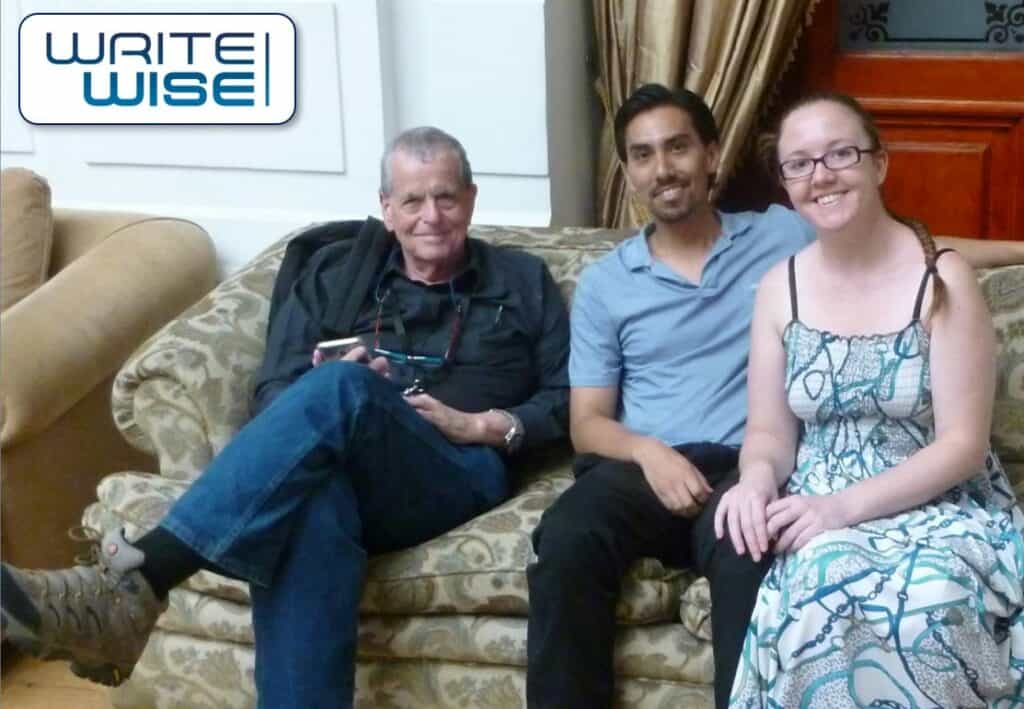
Teaching Students
[WriteWise]
You have published many papers in the most prestigious journals in the world. How do you transmit this experience to your students? Do you have any strategies?
[Professor Aaron Ciechanover]
We write the papers together, so I hope they are learning from me. What they do….I let [the students] write the draft, and they do all the figures and everything. The procedure of writing a paper is like that. [The students] first design the figures, then [describe the] experiments. Then [I] review them logically, and send them back. Then [the students] write the draft. So, first they write the skeleton. Then they write the draft, then we sit together in my office, and we write the paper letter by letter, word by word, sentence by sentence.
[WriteWise]
In real time?
[Professor Aaron Ciechanover]
In real time, yes, we’re going over the graphs, and we correct them. You know, I have many students…that have their own positions, so hopefully they learn something from me.
[WriteWise]
Great method really. I’m sure people learn a lot. The other question is: you have been awarded with many grants. When writing your grant proposal do you have a methodology or strategy to effectively structure the information you want to present? How do you convince some agencies to give you money? What tips do you have for students to effectively write…?
[Professor Aaron Ciechanover]
Well, grants are tricky because…for grants you have to have several elements. One is your record. A record is a record. If you don’t publish and you just ask for money no one will give you money. Well, they’ll give it to you the first time, but they won’t give it to you the second time if you didn’t use the first time, so record is one element. We have a record. The second one is to express ideas in a very clear way. I always look at what I’ve written and I say, if a layperson or somebody goes through it, do they understand what I wrote, is it clear enough? I try to put myself, it’s a little bit difficult to put myself back in a different position. And I always do it, even right after my lecture you see I, I don’t take anything for granted I always start from scratch. I explain the problem, kind of covering. Give it a cover. Then I give it to an English…Though I speak English fluently, I always give it to an English editor.
Exemplary Results
[WriteWise]
Which of your own papers do you consider exemplary for its writing and science that you would suggest to students as reading material…
[Professor Aaron Ciechanover]
It’s the first one, the first one. That would describe the system, actually just reviewed it. I wrote the revisiting of it in Nature, reviews in Cell Biology. It came out in 2015. The paper is from 1978. It’s the founding paper of the novel discovery. It’s so simple you can’t believe it. It’s embarrassingly simple. And this was the founding paper that I like the most. It’s 5 pages. It was published in no name journal, so there was no big impact, it’s not Nature or Science or anything. It’s like, no name and which shows you that what is important is not where you publish but what you publish and it’s a very important paper. It was published in ‘78 in a little periodical called BBRCER.
Mentorship
[WriteWise]
It’s very impressive how you teach your students you know. You are a true mentor you know. Well, then related with that I have a question: What is mentorship to you? What does that mean for you…?
[Professor Aaron Ciechanover]
Mentorship in my opinion is the most critical and most important or one of the most important elements in success in science. I was extremely lucky to have excellent mentors all along the way, actually from high school teachers and then in the university during my master’s degree and my PhD degree and in medicine, because I’m a physician, I’m a surgeon, and it’s critically important. From time to time your teachers don’t teach you, it’s not the class. My teacher in biochemistry was…won the Nobel Prize, didn’t teach me…it was not the class lesson. You follow him. It’s like an apprenticeship, when you learn to paint the painter, you sit in a studio, doesn’t show you how to paint. You look at him and you follow his way of thinking and if you observe it it’s ok, if you don’t, you don’t. It’s apprenticeship, it’s like surgery, you cannot learn art. Either you know how to follow, you need to follow somebody. If you have the talent to follow, and to develop your own style, fine. If not, then not.
Author: WriteWise Team
The WriteWise Team is a dedicated group of specialists in academic writing, with vast experience in teaching and the publication process. The goal of our team is to impart valuable knowledge on a range of topics that will help students, researchers, and universities achieve their goals.
Posted In: Interviews,Nobel Prize
Tagged As: All Researchers,University Directors
Share Now!
Check out these other publications
Do you want to learn how to use ChatGPT for academic writing?
Show your love!
More Publications
